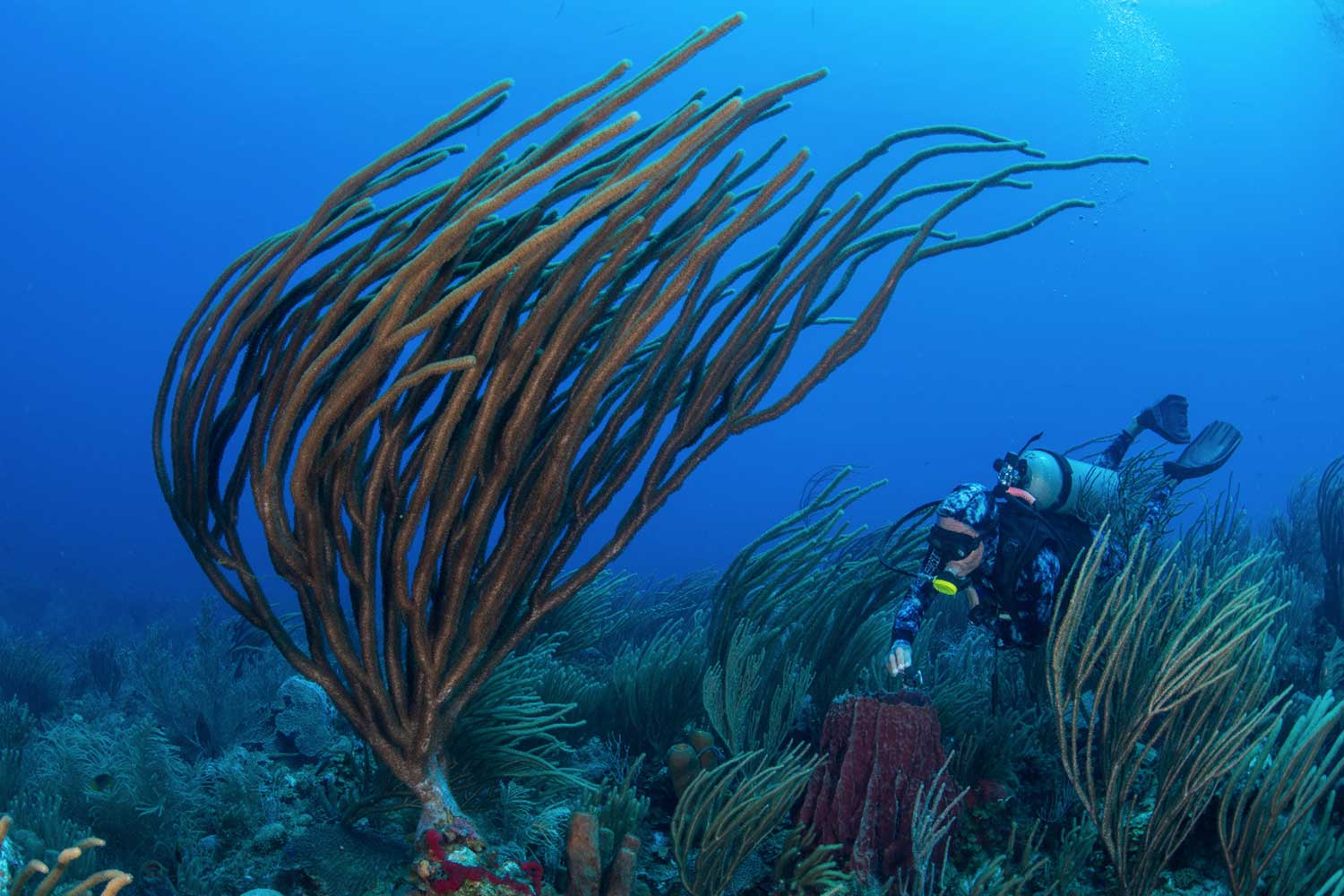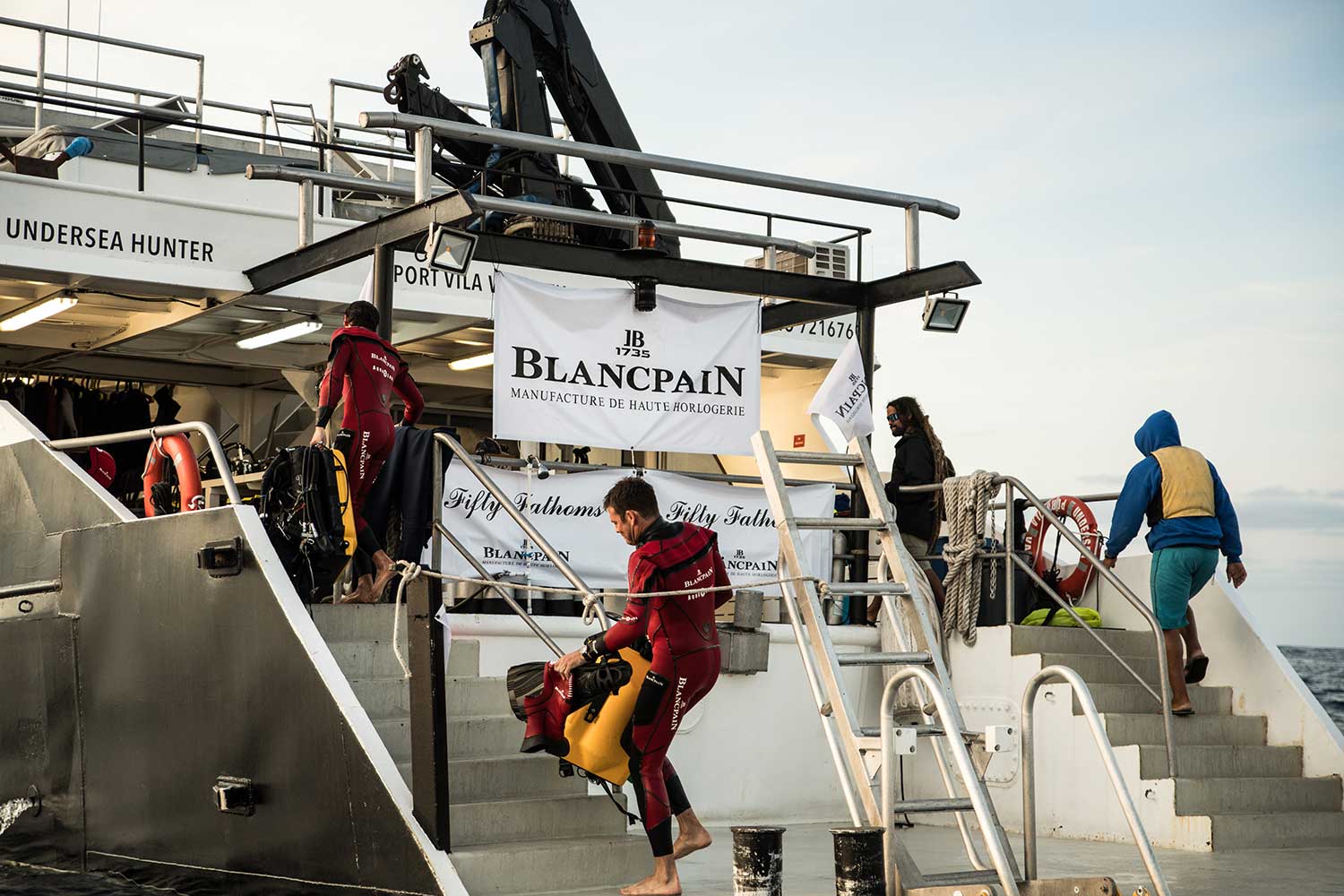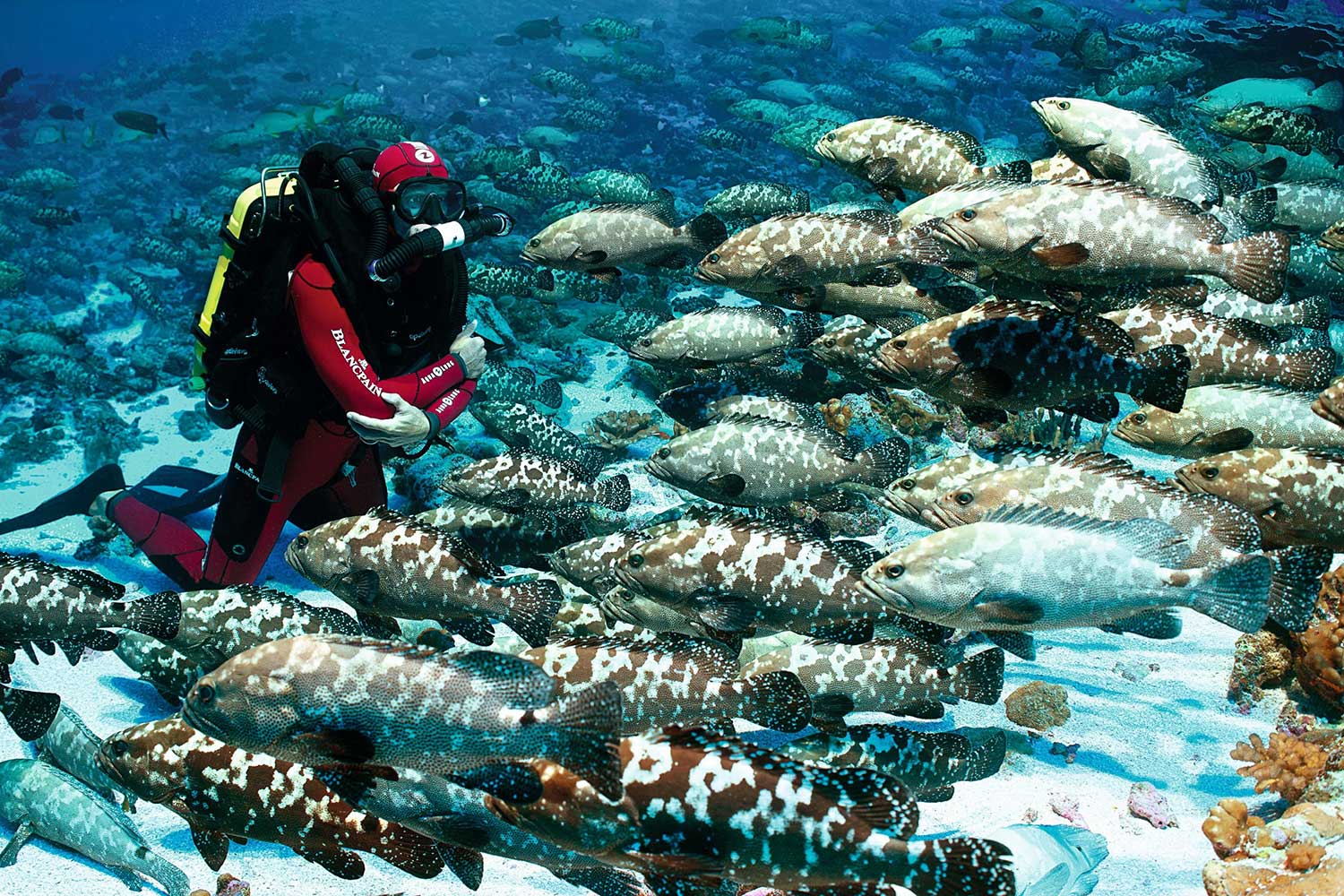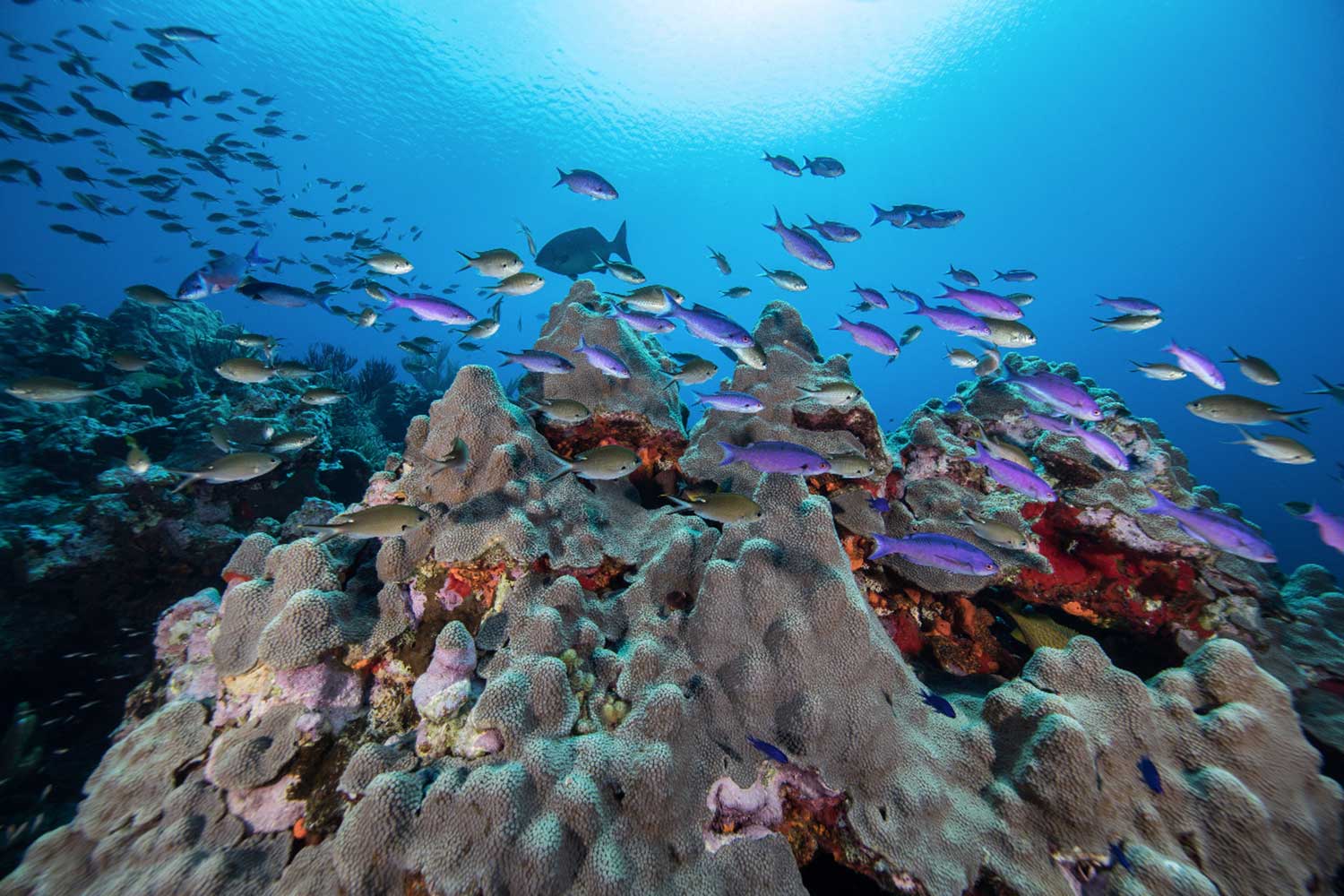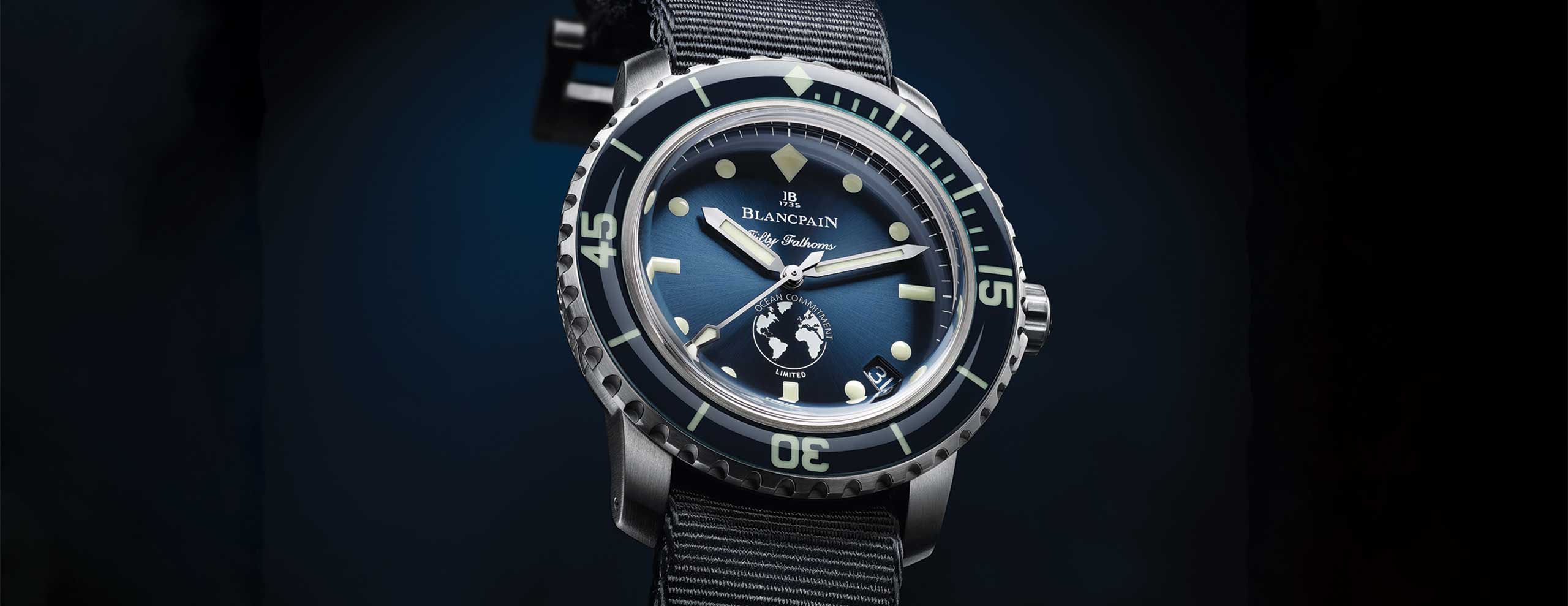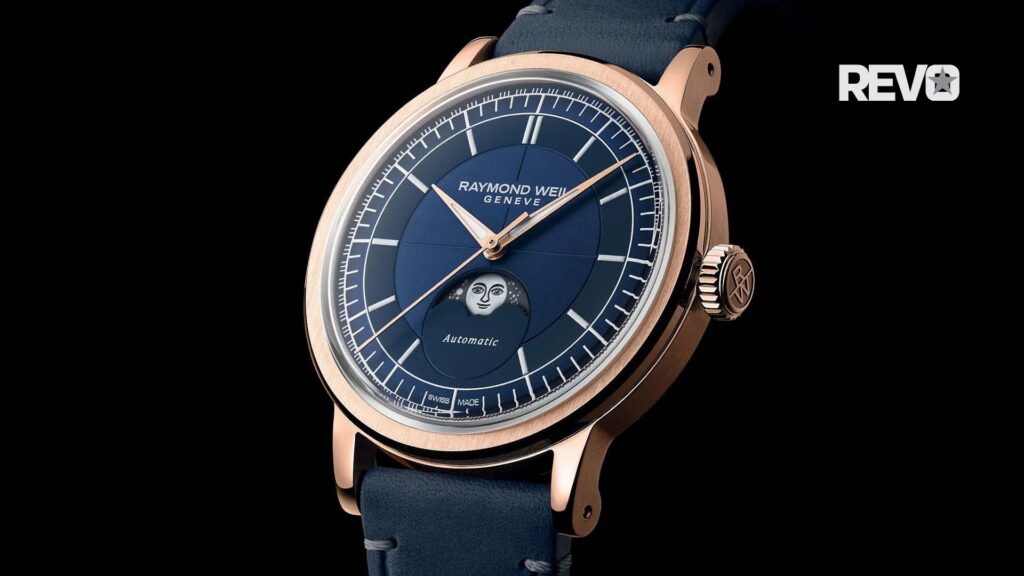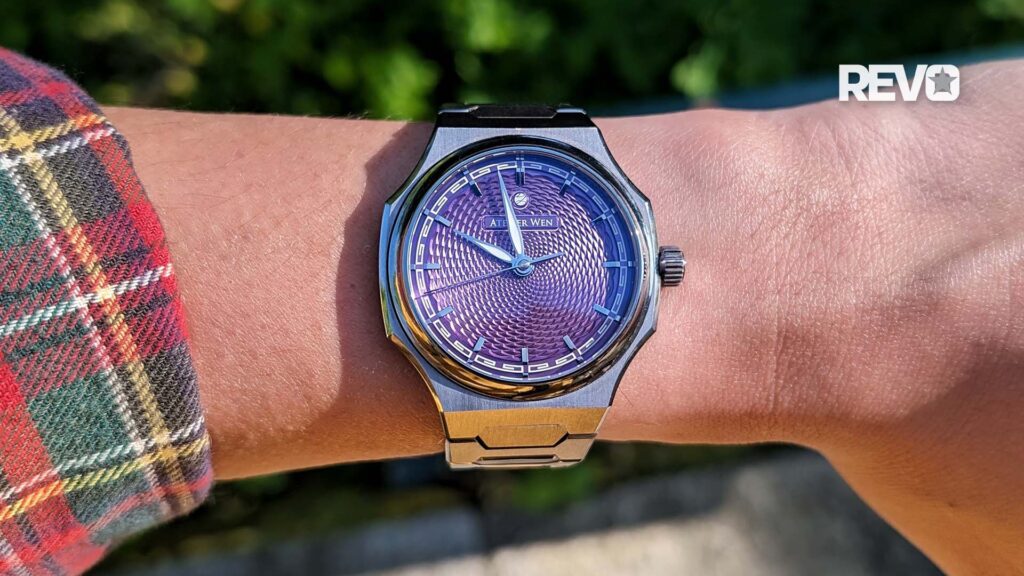For 70 years, since the launch of the Fifty Fathoms dive watch, Blancpain has been associated with the sea. Partnering with Oceana and committing to clean up the world’s waters, protect biodiversity and explore the briny deep, is a logical continuation of that legacy.
Back in October 2020,
Blancpain and Oceana announced their alliance, with Blancpain agreeing to assist with Oceana’s efforts to restore vital marine ecosystems as the non-profit’s official watch partner. Upon the original announcement of their union, Andrew Sharpless, CEO of Oceana since 2003, stated, “
We are grateful to Blancpain for the support. Blancpain’s backing will help our campaign teams win science-based management of our seas — including stopping overfishing, plastic pollution and loss of biodiversity — and add to the hundreds of policy victories already won and nearly four million square miles of ocean protected. Together, we can save the oceans and feed the world.”
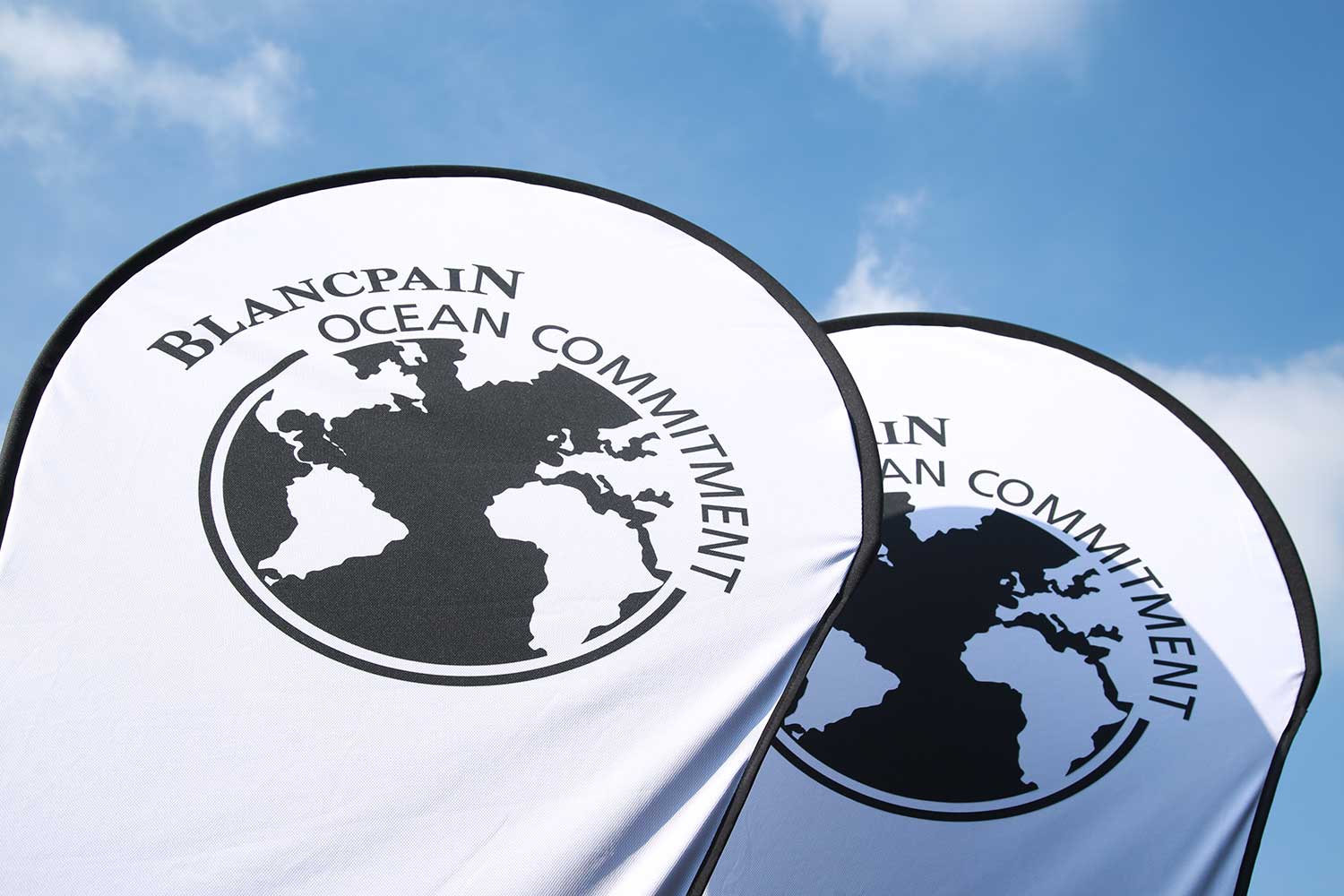
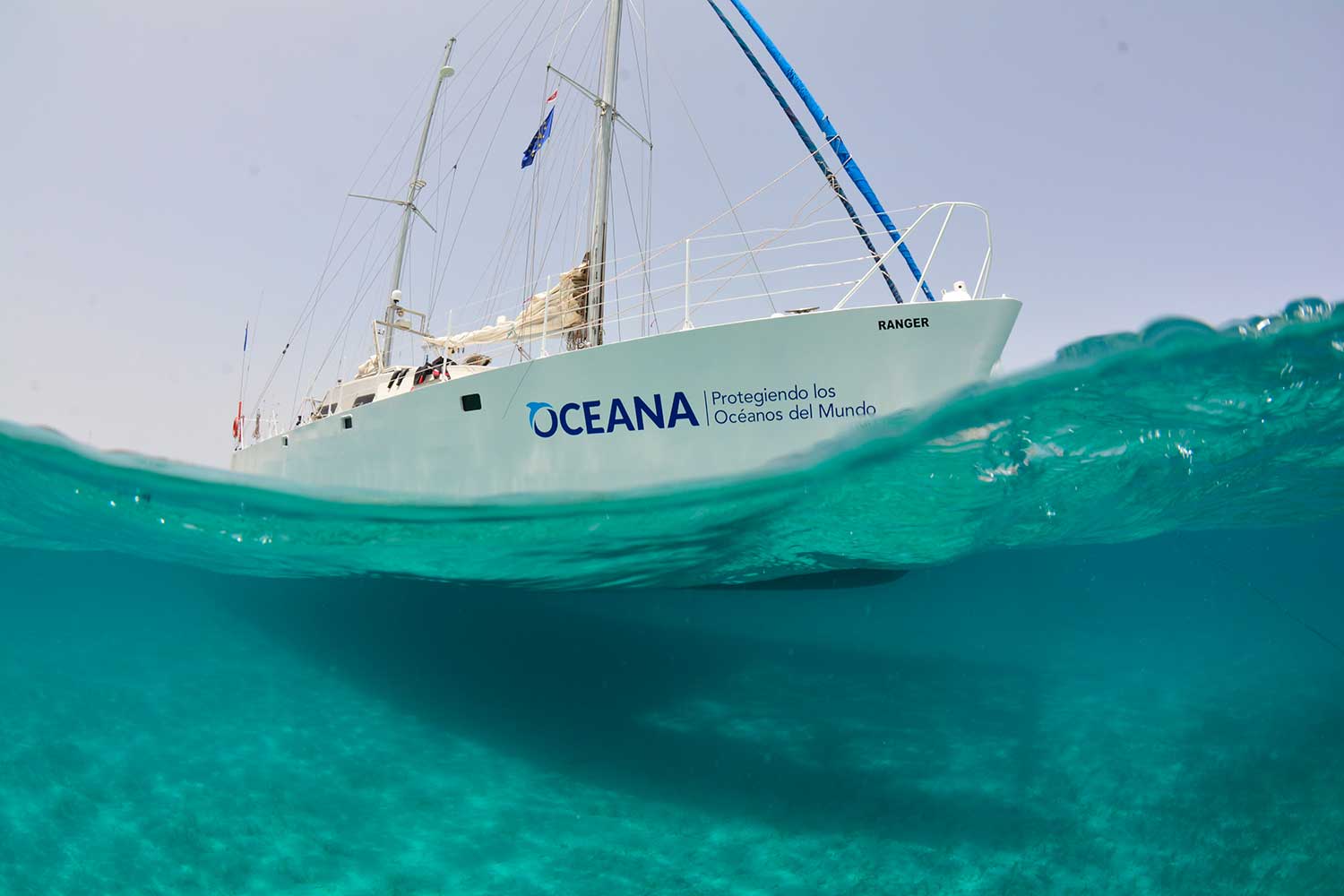
Oceana is the largest international organization focusing exclusively on ocean conservation, and therefore, a sensible pairing for the world’s oldest (continuously operational) watch brand. Given Blancpain’s long and indelible links to the sea, this blossoming relationship feels entirely natural and serves to remind us of Blancpain’s connection to the ocean rather than to synthesize a link that isn’t genuine.
Blancpain’s previous activities in the field of ocean conservation are well known. The brand’s Ocean Commitment initiative has seen it co-finance 19 major scientific expeditions, contribute to the doubling of protected ocean surface area (which now stands at 4,200,000 square kilometers), and produce a series of award-winning documentary films, underwater photography exhibitions and publications.
The coalition with Oceana is clearly a marriage blessed from the top as Marc A. Hayek, President and CEO of Blancpain, a keen and experienced diver himself, explained: “With the Blancpain Ocean Commitment, our aim is to raise awareness of the importance of the oceans for human life and to contribute to their protection. [We] have faith in Oceana’s strength in exploration, scientific research, and advocacy to make a difference toward Mexico’s biodiversity, the local populations, and ultimately the world.”
In 2021, Oceana and Blancpain launched Project Alacranes and set out together on a mission to explore the deepest areas of the Gulf of Mexico, particularly Arrecife Alacranes (Scorpion Reef in English). This area is especially rich in marine fauna and flora, and rarely disturbed by surface dwellers. As such, it can teach us a great deal about life beneath the waves and perhaps offer indications of how we can improve conditions elsewhere and reverse
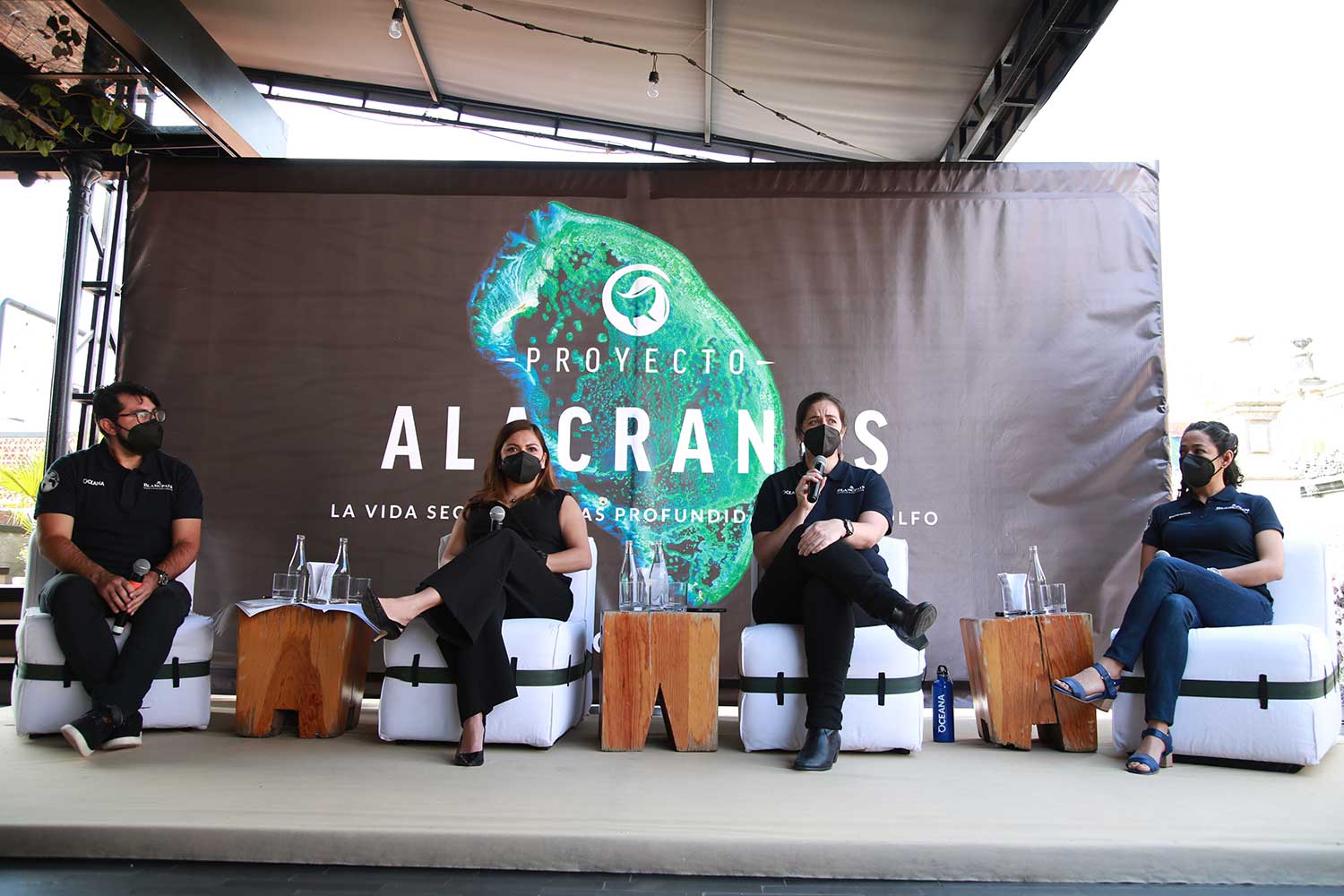
From left: Miguel Rivas, Dolores Tinoco, Renata Terrazas and Mariana Reyna (Image: Jay Albuquerque)
Renata Terrazas, Vice President of Oceana in Mexico, said, “Despite being a Protected Area, the Scorpion Reef is not exempt from pollution, illegal fishing and potentially destructive tourism, threats that must be fought. In the case of Bajos del Norte, the risk is greater because it has no legal protection.”
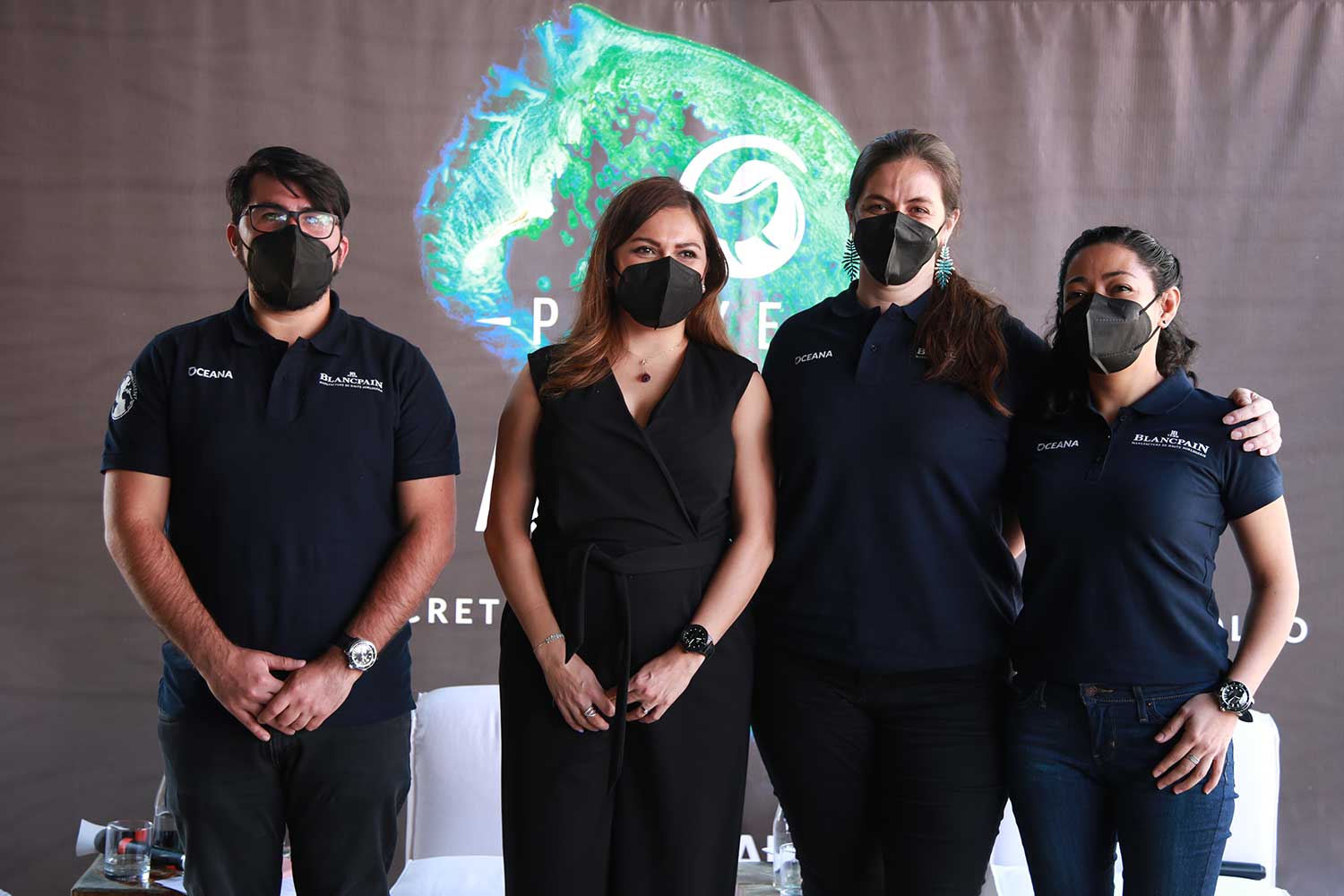
From left: Miguel Rivas, Dolores Tinoco, Renata Terrazas and Mariana Reyna (Image: Jay Albuquerque)
For 15 days, the expedition party will assess the state of the reef’s biodiversity and explore these almost alien landscapes that share our planet with us. Within this fascinating region, there are at least 500 species of fish, 34 species of coral, numerous species of dolphin, and “commercially valuable marine animals”, including queen conch and grouper. Interestingly (and relevantly for those of us on increasingly dry land), the biodiversity of Scorpion Reef actually makes the area more resistant to the effects of climate change. It is hoped that studying seldom-visited regions like this will enable us to rethink our interaction with the world above[XXbelow/underwater?], implementing positive and far-reaching changes that will protect against the growing threat of increasing global temperatures and evermore inhospitable ecosystems.
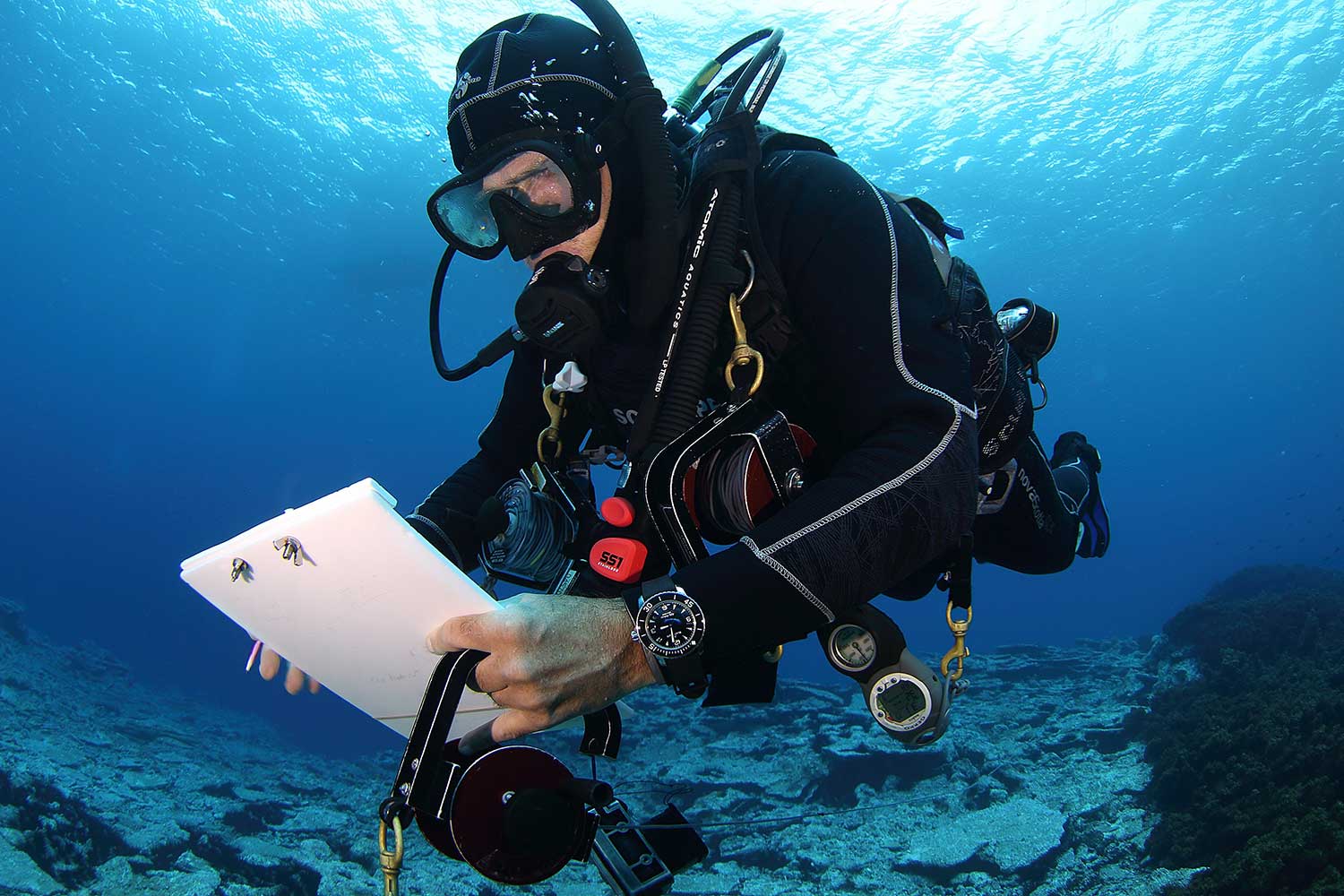
To achieve this, 10 scientists explored the area, performing DNA analysis of the species present and photomosaic modeling of the landscape. By digitally rebuilding the reef, scientists are able to perform a census of inhabitants and better ascertain which creatures pass through the reef during their seasonal migrations. Having a deeper understanding of how creatures in this area interact with each other and their environment could be crucial in replicating its thriving success elsewhere.
Furthermore, and perhaps most crucial to bettering our relations with the sea, sonar monitoring of fish populations gave us an insight into the effects of commercial fishing, and how human subsistence practices could be adjusted to create a more sustainable fishing cycle.
Summarizing the situation succinctly, Miguel Rivas, Director of Habitat Campaigns at Oceana, had this to say: “The recovery and conservation of marine habitats in Mexico translate into greater economic and social benefits, especially for local fishermen. Adequate protection of these reefs ensures that future generations can enjoy their beauty and resource.”
Renata Terrazas added, “Arrecife Alacranes is a Mexican treasure that provides an ideal habitat for fish to feed and spawn, a key step to rebuilding marine ecosystems and ocean abundance. With adequate protections put in place, we can ensure this beautiful reef thrives well into the future.”
With a 70-year relationship with the sea in the books already, Blancpain looks to forge ahead in this role and support Oceana alongside its own initiatives for the foreseeable future. The globally recognized brand is able to bring the good work of Oceana to a wider audience and proved its fundraising credentials by raising more than USD 1.2 million for ocean conservation to kick off the collaboration.
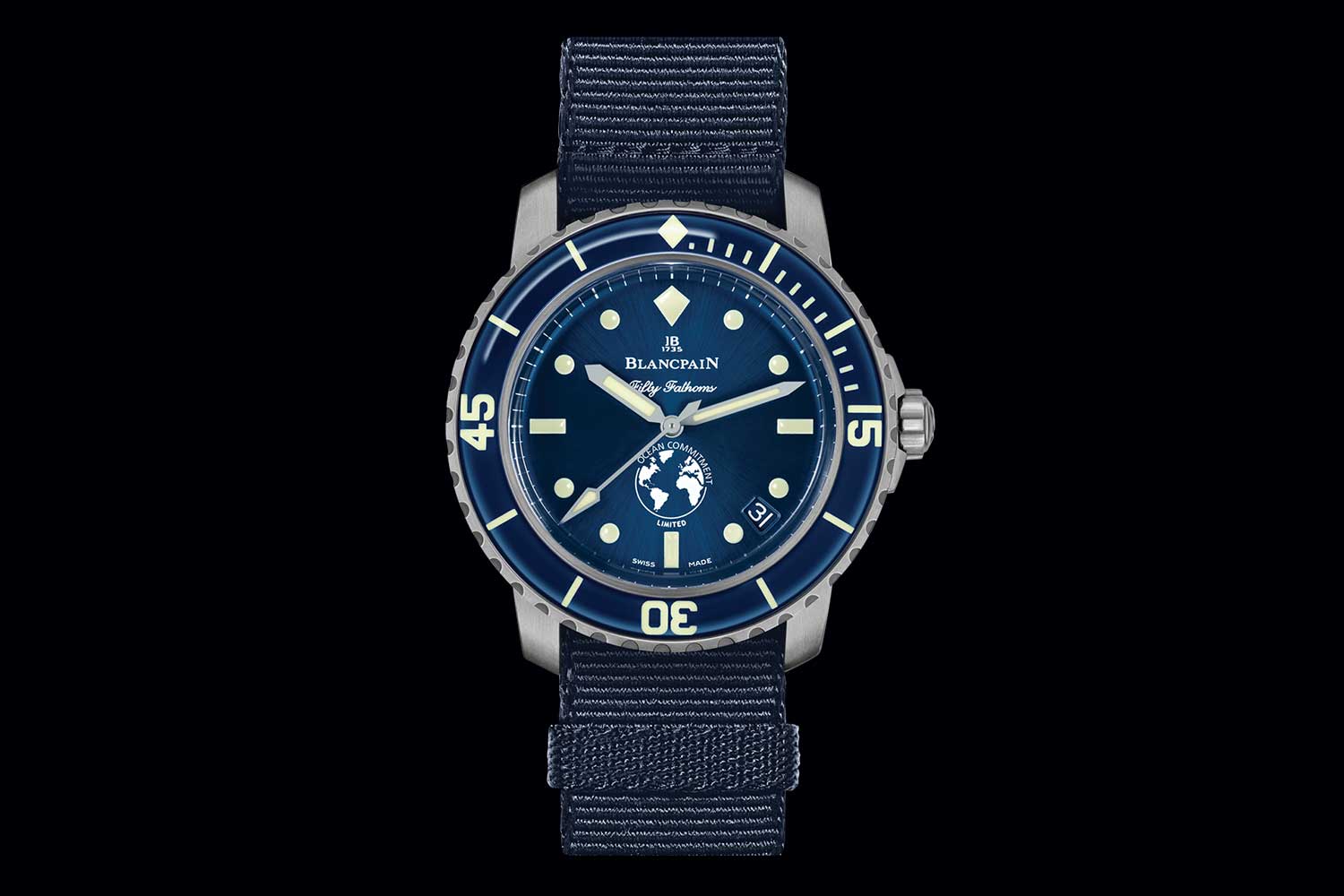
Blancpain Fifty Fathoms Ocean Commitment III
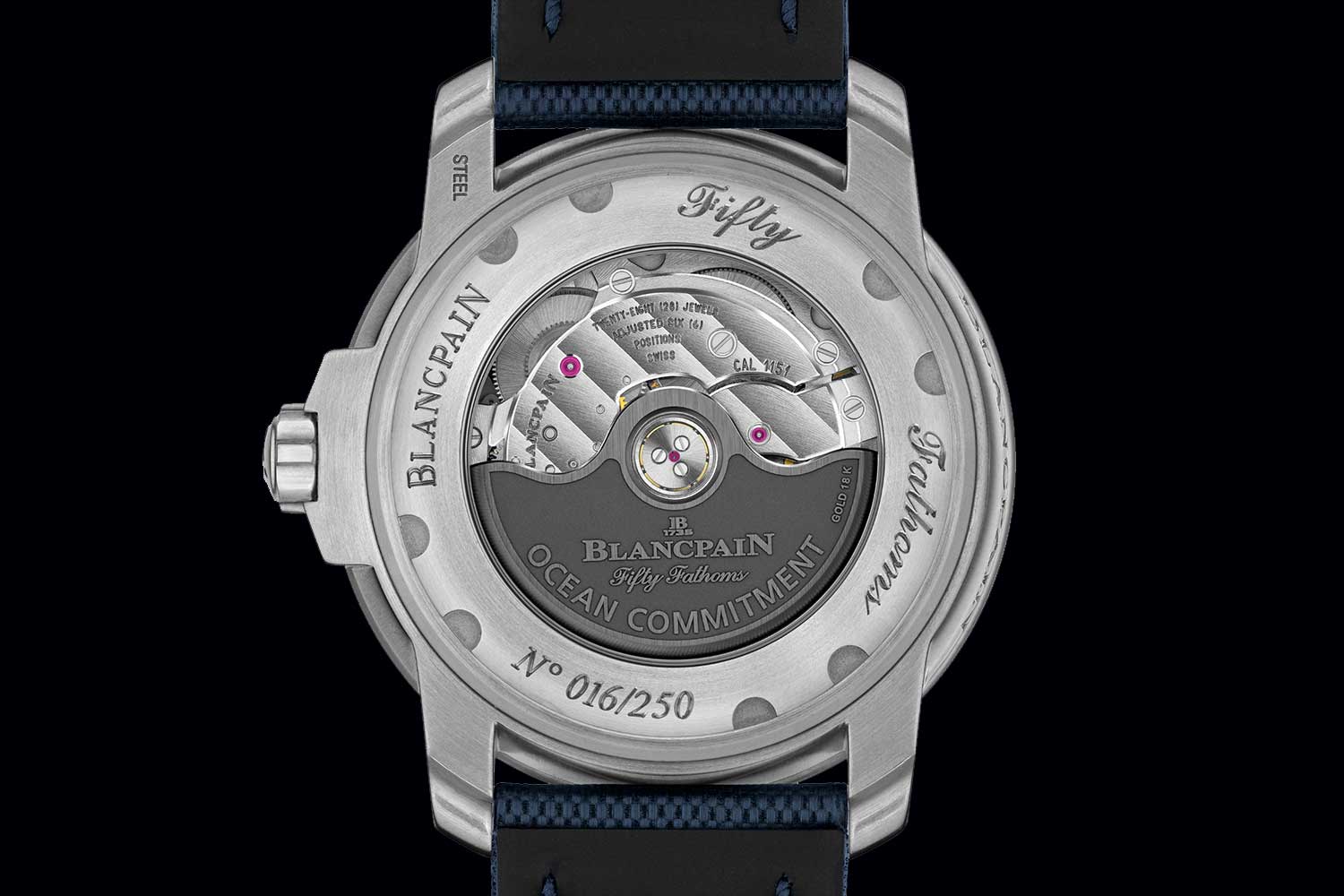
Caseback of the Blancpain Fifty Fathoms Ocean Commitment III
In an age of increased awareness of our shared responsibility to the planet, it is heartening to see a watch brand take practical steps to involve itself in the scientific community and be a force for good, as we reconsider our future interactions with the environment that sustains and supports our existence. It surely helps that Blancpain, despite being a global powerhouse and one of the jewels in the Swatch Group’s crown, is marshaled by Marc A. Hayek, whose personal connection to the oceans is no doubt at least in part responsible for the investment and efforts made by the brand to help in any way it can.


